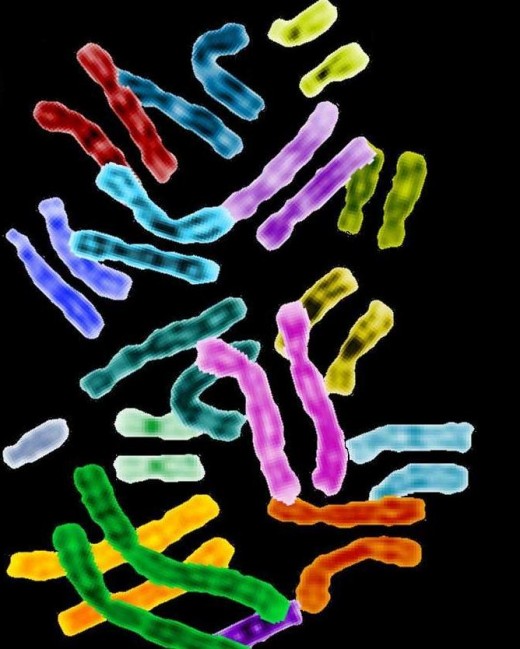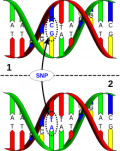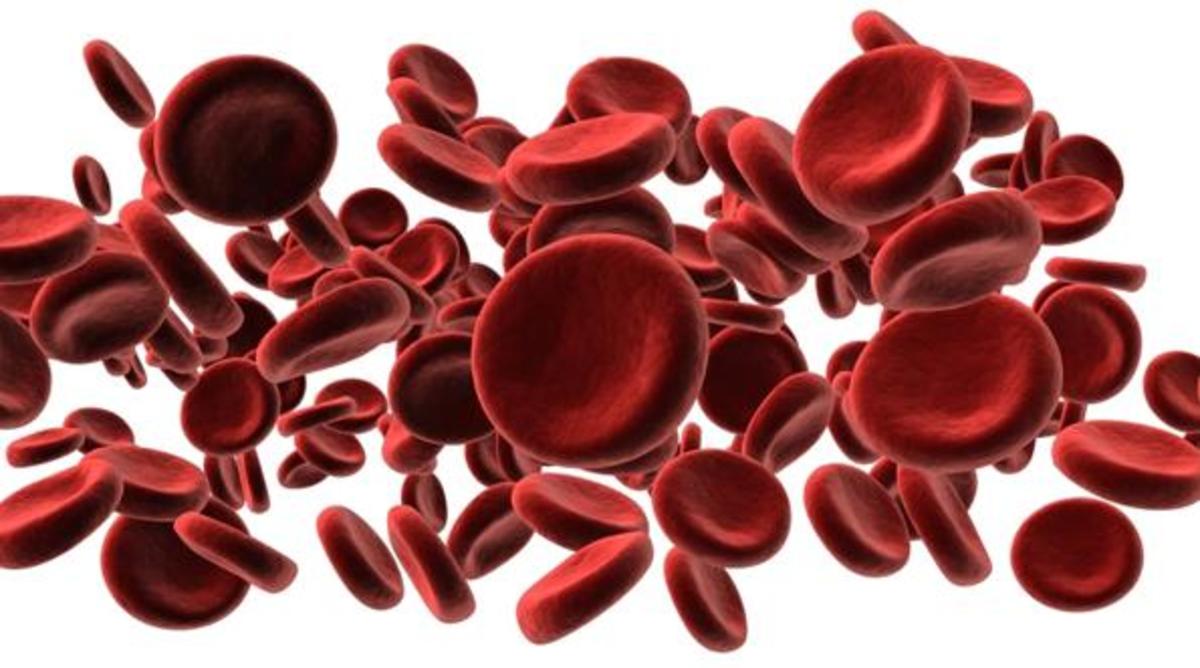Genetic Memory

Genetic memory causes us to remember things we have never experienced, fear things that can't hurt us and love things we've never encountered before. Most people are born with a fear of heights, but some are not. Others might fear spiders, while others keep them as pets. Some people are deathly afraid of the police, while many more feel safer when they are around. These personal preferences are the result of strong emotional experiences, experienced by our ancestors, passed on through genetic memory.
A generation grew up under the constant threat of nuclear war and prepared for it by building bomb shelters. Today, their grandchildren do something similar called “prepping.” Maybe they know something I don’t, in which case they need to tell me all about it. Or they are acting on genetic memory passed down from a grandfather. (I’m prepped in my own way. If things get too bad, I’ll keep an eye out for a fat little prepper with a big bugout bag and run him down.)
The human genome consists of twenty six matched pairs of chromosomes, half donated by the mother and half by the father. Human genetic memory is carried on the chromosome that determines gender, commonly referred to as the X and Y chromosomes because under a microscope they are indeed shaped like the letters Y and X. Actually, all the chromosomes are shaped like an X, the only exception being the Y chromosome carried by men.
But genetic memory is carried by the X gender chromosome. Women, having two of these, carry twice as much genetic memory, two sets. Men, only one. But before the feminists rise up in celebration of their genetic superiority, it is important to understand what sort of information is stored in genetic memory and how that memory is recorded and passed on to the next generation. Genetic memory consist of the most basic, instinctive information needed for survival on the most basic level, imbedded deep in the consciousness, or perhaps subconscious, of all animals with a mind larger than a peanut. For humans, it means information about the strongest emotional experiences are recorded and passed on to the next generation.
A man, with only one set of genetic memory, begins life with only one set of deeply imbedded preferences. Perhaps an ancestor had a really bad experience with a snake; he won’t like snakes. A woman, burdened with two sets of genetic memory, might have one ancestor who liked snakes, perhaps felt they tasted like chicken, and their skin was useful for making shoes, and another ancestor who feared snakes. That woman will have very strong, conflicted feelings about snakes that can only be resolved through her own personal experiences during her lifetime. But the genetic memory is passed on at the time of the creation of reproductive materials. Women produce every egg they will ever make before they are born. The genetic memory is locked in, already written, which means the woman’s life experiences won’t be recorded in the genetic memory she passes on, but the original memories of her ancestors are preserved, intact, unchanged, for the next generation.
Men produce new sperm every day. The ones carrying Y chromosomes are destined to produce sons, but do not pass on genetic memory. The Y chromosome is smaller and does not have room to carry genetic memory. A sperm carrying an X chromosome has the father’s genetic memory, the latest version of it, re-written by the man’s own strong emotional experiences, right up to the time the sperm was created. And that sperm is destined to produce a daughter.
This provides insight into the differences between the minds of men and women. Women have two brains, perhaps, two distinct personalities, conflicted on the most basic level, the genetic memory of her father competing with the genetic memory of an older ancestor. A grandfather, perhaps, or the next generation before that, or the one before, a fifty-fifty chance with each generation. Possibly reaching back to the original humans, probably not, but certainly some of the earliest human memories are still there. A man has less internal conflict, having only one genetic memory, but certainly that memory has to be his grandfather’s at the latest, and could be much older. A man could very well be born with the mind of a caveman.
But the system works. It has led to the existence of sentient life on Earth. So don’t dismay over ghosts or phobias or déjà vu moments; the memories are as real as the ground beneath your feet. It is wisdom, passed on by the ancients. Accept the gift.
Memories Passed Down in Genes
- Phobias may be memories passed down in genes from ancestors - Telegraph
Memories may be passed down through generations in DNA in a process that may be the underlying cause of phobias








